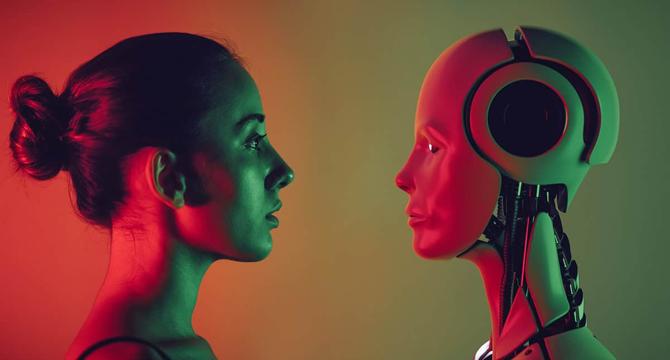Physicsworld
3w
271

Image Credit: Physicsworld
Lost in the mirror: as AI development gathers momentum, will it reflect humanity’s best or worst attributes?
- Artificial intelligence (AI) development raises questions about its impact on human identity and behavior, as technology reflects our intelligence and values but lacks creativity and innovation.
- Shannon Vallor's book, 'The AI Mirror,' delves into the ethical implications of AI, arguing that it risks perpetuating biases and hindering progress if not used thoughtfully.
- Vallor likens AI to a mirror that mirrors human intelligence based on past data, emphasizing the importance of understanding its limitations and implications.
- The book explores the history of AI development and the evolving relationship between humanity and technology, touching on ethical considerations and societal impacts.
- Vallor underlines the importance of transparency, accountability, and prioritizing human virtues like creativity and empathy in AI design and use.
- While Vallor advocates for leveraging AI to advance science communication, critics raise concerns about the technology's inability to connect on a human level and potential to deepen distrust.
- The AI Mirror urges readers to actively shape AI's impact on society, fostering ethical engagement and resisting the allure of efficiency at the cost of human values.
- Vallor's call to action emphasizes the need to steer AI towards amplifying humanity's virtues rather than its drawbacks, envisioning a future where technology serves our collective well-being.
- By understanding AI as a cultural force that demands conscious direction, Vallor prompts reflection on the kind of society we want to build through technology.
- The book offers a thought-provoking exploration of the intersection of AI, ethics, and humanity, challenging readers to consider the role of technology in shaping a virtuous future.
- Vallor's vision encourages active participation in shaping AI's trajectory to ensure it reflects and enhances humanity's best qualities, rather than reinforcing negative aspects.
Read Full Article
16 Likes
For uninterrupted reading, download the app